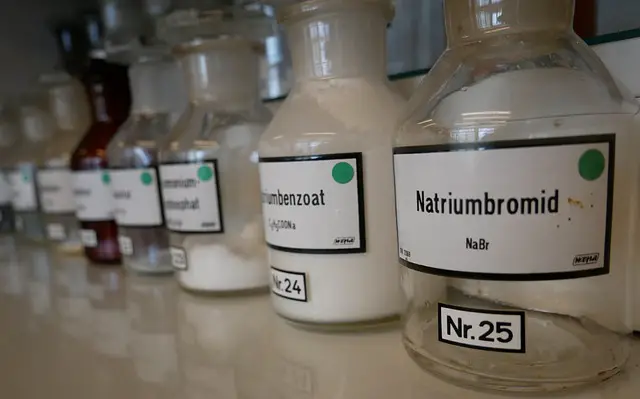With governments cracking down on many things deemed to be environmentally unfriendly, have saltwater pools come under the microscope too? After all, saltwater draining into the sewage systems can’t be good can it? There have been entire jurisdictions in California that have banned salt water softeners due to the salt water runoff.
While there hasn’t been a ban on salt water pools per se, there are sometimes limitations on draining pool water as well as other regulations regarding certain pool and spa systems that cause confusion in the market and among saltwater pool owners specifically, as we’ll see below.
Some jurisdictions regulate pool water discharge
That’s not to say that saltwater pool owners don’t have their own issues to deal with, regardless of where they live. Some locales don’t allow pool owners to drain pool water onto the road or otherwise into the public sewage system.
In the US, the regulations regarding the discharge of pool water into the sewage system vary from state to state and from city to city. Some areas like parts of California and Florida have specific regulations or restrictions on the discharge of pool water due to high salt content or other concerns.
I received an email from a pool owner in Florida who was trying to figure out how to drain water on her property (i.e. in the soil) since public discharge into sewers isn’t allowed. Here soil was pretty compacted and she was trying to figure out how much water her ground would accept!
It’s best to check with your local sewage treatment facility or local government to see if there are any specific regulations or guidelines regarding the discharge of pool water in your area. In some cases, you may need to have your pool water tested to ensure that it meets the necessary standards for discharge into the sewage system.
Additionally, some communities may have regulations in place that restrict the discharge of pool water into the environment, and may require pool owners to discharge the water onto their own property or into a designated discharge area.

Canada banned a specific salt system for hot tubs in 2020
Back in 2020, the Canadian government banned the use in Canada of sodium bromide (NaBr), a registered pesticide, which was widely used in hot tubs to control algae, bacteria and other microorganisms that could appear in the water. The system that hot tubs used with sodium bromide was a salt system and the ban got wide attention.
When the ban was announced and word spread, rumors began to circulate that this meant that salt water pools had somehow been banned too but this is not the case. While hot tub owners who used sodium bromide could switch their systems over to a chlorine or other system, salt water pool owners were unaffected in any way.
Salt water pools don’t use sodium bromide so the ban had nothing to do with them. Still, the widespread discussion of this ban caused some people to wonder if saltwater pools were next on the list.
How can I limit the amount of pool water I have to drain?
If you have a saltwater pool and are limited by the amount of water you can drain or are simply not allowed to drain into your sewage system, there are some things you can do to limit the water you have to drain.
- Avoid a pool filter that requires backwashing: So don’t get a sand or D.E. filter as you need to backwash them. This means cleaning the filter of collected debris by draining pool water to flush it out. Backwashing typically occurs every few weeks so several times per pool season. A cartridge filter on the other hand requires no backwashing and you simply rinse the filter cartridges out during the pool season as needed.
- Maintain proper chemical balance: Keep the pH, total alkalinity, and chlorine levels in the recommended range to minimize the amount of water that needs to be drained to balance it.
- Use a pool cover: Using a pool cover when the pool is not in use will help reduce evaporation on the one hand but may also limit the amount of rain water that enters the pool that may need to be pumped out should the level get too high.
Then again for point #3, if you do get significant rain during the summer it might be an idea to leave the pool cover off and let water evaporate so the water level doesn’t get too high! It really depends on what your personal situation is.
Summary
There is no current wide ban on saltwater pools. The use of saltwater pools and the impact they have on the environment is a topic of ongoing discussion and debate. Some communities and countries have regulations in place to limit the use of saltwater pools or to regulate the discharge of saltwater into the environment.
It is possible that additional regulations may be put in place to address the environmental impact of saltwater pools. However, whether or not saltwater pools will be banned remains to be seen and will likely depend on ongoing scientific research and regulatory decisions.
If you own a saltwater pool or are thinking about installing one, it’s important to understand how your local jurisdiction treats them, specifically in terms of water runoff. If you are not allowed to drain water into the local sewer system you will have to find another way to do so, especially if you have a filter that needs to be backwashed regularly.
All in, the level of salt in a saltwater pool is relatively low certainly when compared to something like the runoff from a water softener but that’s not to say that they couldn’t come under the microscope in the future.

